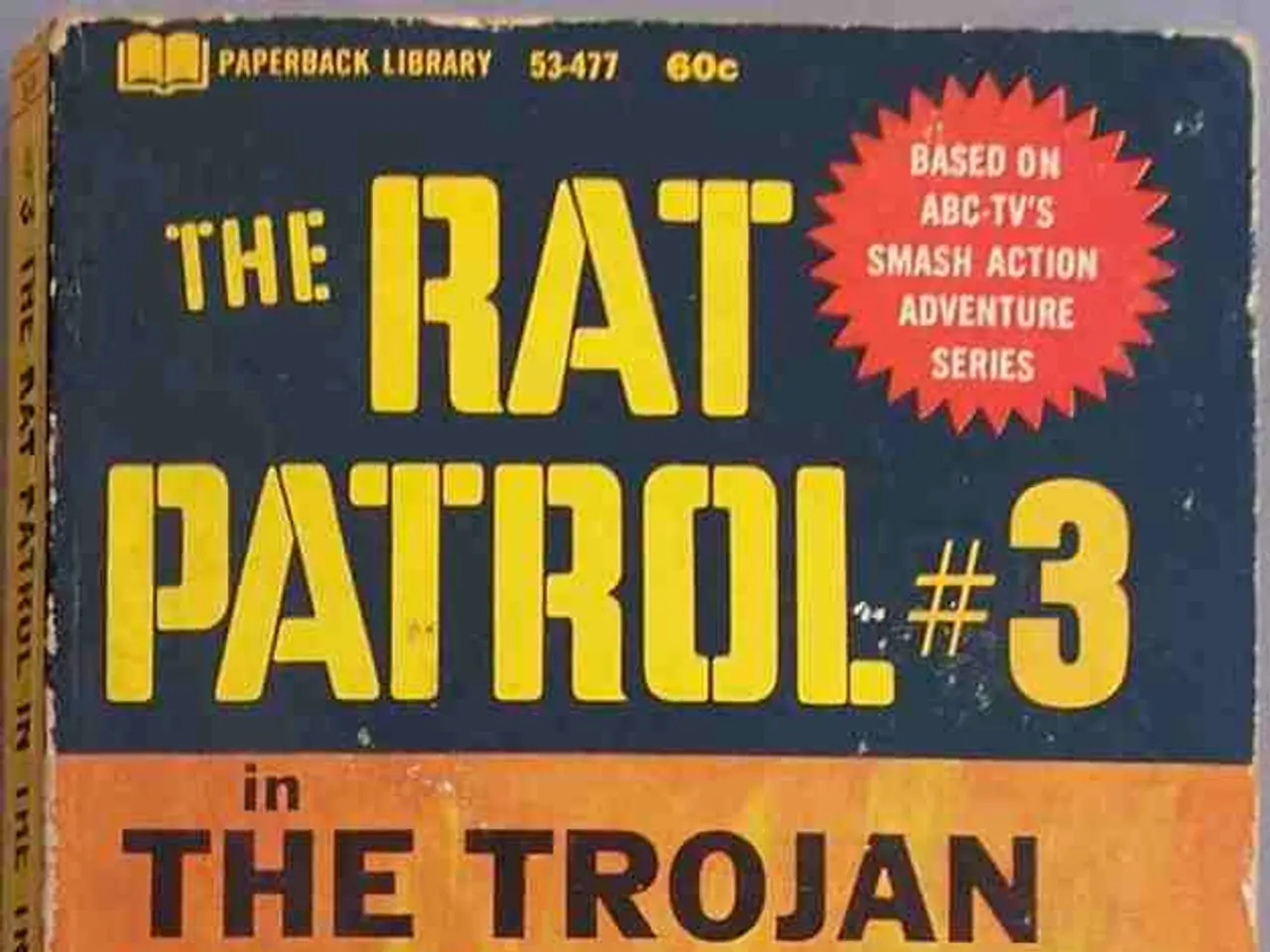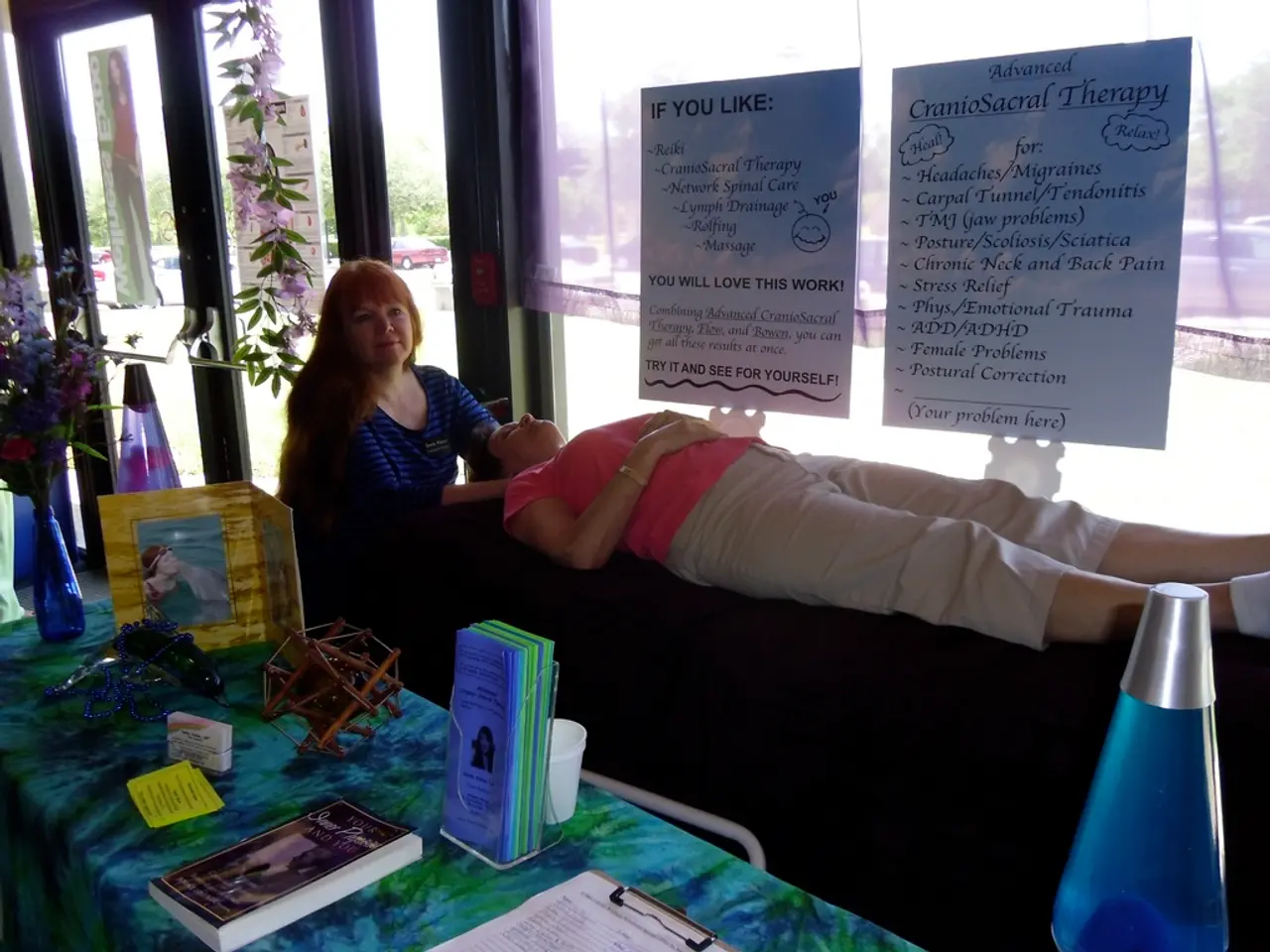The Quest for a Creativity-Boosting Drug: Are Nootropics the Answer?
Exploring the Scientific Evidence: Nootropics and BoostingCreativity
Have you ever struggled with writer's block or felt stuck in a creative rut? You're not alone. Many people find themselves in need of a mental boost when tackling important projects or brainstorming new ideas. Enter nootropics, often dubbed as "smart drugs" or cognitive enhancers. But can these substances really jack up your creative juices? Let's dive in.
What Are Nootropics?
Nootropics are substances that influence brain functions such as memory, focus, and creativity. They come in various forms, from prescription drugs and dietary supplements to certain foods. The appeal lies in their potential to enhance cognitive abilities.
How Nootropics Work Their Magic
Our brain is a complex network of neurons communicating through chemical messengers, or neurotransmitters. Nootropics trick these neurotransmitters, tweaking the brain's activity in specific ways. For instance, some nootropics increase dopamine production, boosting mood and motivation, which might set the stage for creative thoughts to flow.
Popular Nootropics and Their Effect on Creativity
There's a buffet of nootropics on offer, each touting different perks. A sampling of the most popular and their potential impact on creativity:
Modafinil
This pharmaceutical medication, developed for sleep disorders, has garnered fame for its wake-promoting properties and augmented concentration levels. Users often report increased problem-solving skills, but research into its direct impact on creativity is scant.
Caffeine
Yep, your cup of coffee is indeed a nootropic! Caffeine's mojo comes from blocking inhibitory neurotransmitters, cranking up brain activity. This increased energy and focus can create a mental space allowing creativity to soar, but rely too heavily on caffeine and you may find yourself developing a dependency and dwindling returns.
L-Theanine
Found in tea leaves, L-Theanine is well-known for its calming properties. Its combination with caffeine might smooth the jittery effects while maintaining the heightened focus, potentially fueling creative work by improving mood and clarity of thought.
Omega-3 Fatty Acids
Omega-3 supplements, revered for their brain health benefits, support neuron health and communication between brain cells. This brainpower boost could aid creative thinking, making them a go-to for nootropic enthusiasts.
The Brain Science Behind Creativity
To understand how nootropics could help reignite creativity, it's crucial to unpack what creativity entails. Creativity is the knack for generating novel ideas or concepts and forging links between disparate things.
Research suggests that creativity stems from specific regions of the brain. The prefrontal cortex is associated with planning and decision making, while the default mode network activates during free-wheeling thought processes, a state often linked to creative thinking. Additionally, the right hemisphere of the brain is typically more engaged during creative tasks.
Brain chemicals like dopamine and serotonin also play a role in fueling creativity by regulating mood and motivation. Thus, nootropics that impact these chemicals may help trumpet creative banter.
Do Nootropics Have the Final Word on Creativity?
While intriguing, nootropics aren't a magic bullet when it comes to boosting artistic prowess. Although they may offer benefits that indirectly foster a creative mindset, their role in directly ushering in enlightenment is limited. Cultivating creativity typically revolves around a hodgepodge of factors such as environment, lifestyle, and mindset.
On the flip side, tinkering with nootropics could be a worthwhile experiment. Experimenting with well-researched options like caffeine and L-Theanine might be a wise move. Pairing them with lifestyle changes like regular exercise, proper sleep, and creative habits could prove to be your real secret ingredients for brewing up creative genius.
- Struggling with writer's block or creative stagnation is common, and many seek a mental boost for important projects or idea generation.
- Nootropics, often referred to as "smart drugs" or cognitive enhancers, aim to enhance cognitive abilities, including memory, focus, and creativity.
- Nootropics are chemical substances that influence brain functions by impacting neurotransmitters, the chemical messengers that enable neurons to communicate in the brain.
- Modafinil, a pharmaceutical medication for sleep disorders, is known for enhancing concentration levels and problem-solving skills, while research into its impact on creativity is minimal.
- Caffeine, a common nootropic found in coffee, elevates brain activity by blocking inhibitory neurotransmitters, potentially creating an environment for increased creativity.
- L-Theanine, an amino acid found in tea leaves, combines with caffeine to reduce jitters while maintaining focus, which may enhance creative work by improving mood and thought clarity.
- Omega-3 fatty acids, precious for their brain health benefits, support neuron health and communication between brain cells, potentially aiding creative thinking.
- Creativity involves the ability to generate novel ideas or concepts and connect disparate thoughts, and it is associated with specific brain regions like the prefrontal cortex, default mode network, and the right hemisphere.
- Brain chemicals like dopamine and serotonin influence creativity by regulating mood and motivation, making nootropics that impact these chemicals potentially beneficial for promoting creative thinking.
- Nootropics may not be the ultimate solution for boosting artistic talent, as creativity is often linked to factors such as environment, lifestyle, and mindset.
- Combining well-researched nootropics like caffeine and L-Theanine with a healthy lifestyle that includes regular exercise, proper sleep, and creative habits could be the key to unleashing your creative potential.




